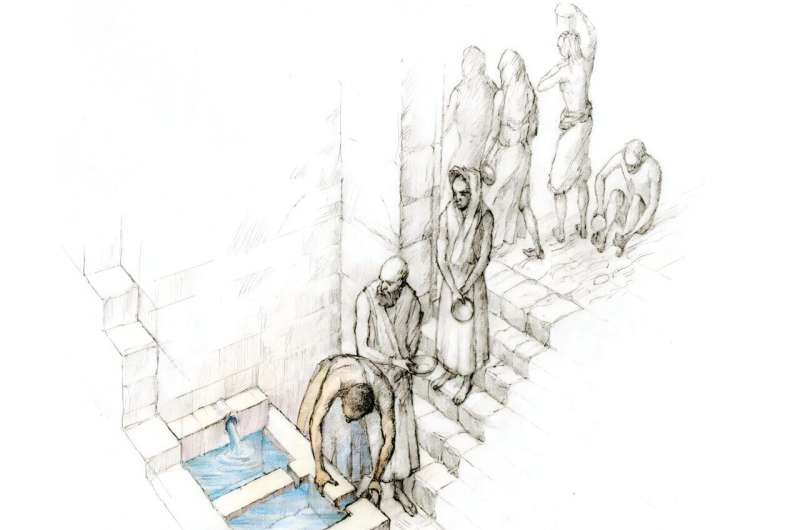The decline of Ancient Greece was not solely attributed to moral decay, as modern explanations also point to the political subordination of Greek cities by Hellenistic kingdoms and the Roman Empire.
The establishment of kingdoms and empires brought stability to Greek politics by ending petty wars between city-states and promoting oligarchic regimes. Despite the devastating wars and distance from the courts of kings and emperors, some Greek cities, like Corinth, remained prosperous due to Roman patronage. The cities of Greece flourished under Roman control, thanks to support and efforts of local notables, showcasing the impact of Pax Romana on their prosperity.
Greek language and culture experienced a widespread influence during the Hellenistic and Roman eras, with Greek colonies established in various regions and the Greek classics highly revered by the Roman elite. The Greek culture that conquered the world was perceived as a finished thing, filled with unassailable classics. Classical Athens owed its astonishing creativity to abundant and enlightened patronage, political and cultural ferment, and the qualities of individual genius. Athens became a prisoner of its glorious past, leading to a cultural stagnation and embalmed culture.







